The representative of the unit drafting the recycling fee (Fs) said that some recommendations of the 14 associations were not appropriate and that Vietnam could not be compared with Western Europe.
According to the Law on Environmental Protection, from January 1, 2024, manufacturers and importers must fulfill their responsibility to expand the recycling of discarded products and packaging by organizing recycling themselves or contributing financially to the Vietnam Environmental Protection Fund to support recycling. The recycling fee (Fs) is currently assessed by 14 associations as "higher than Western Europe".
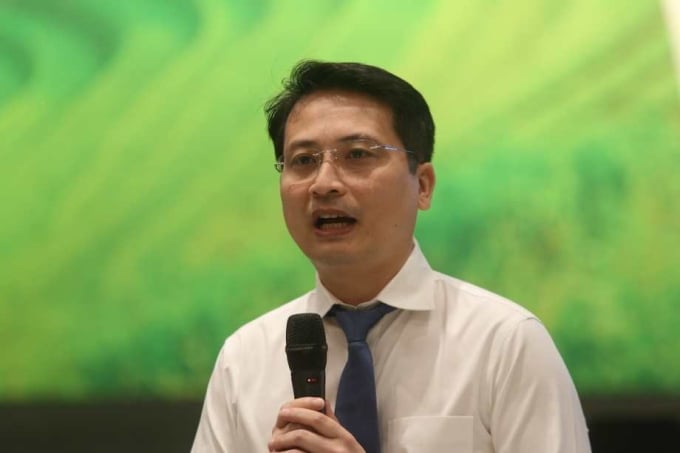
Mr. Phan Tuan Hung, Director of Legal Department (Ministry of Natural Resources and Environment). Photo: Gia Chinh
Speaking to VnExpress, Mr. Phan Tuan Hung - Director of the Legal Department (Ministry of Natural Resources and Environment), Director of the National EPR Office said that he would take note of the recommendations of 14 business associations, but he said that some "are making mistakes".
Mr. Phan Tuan Hung said that "this opinion is baseless" and "it is very difficult to compare". He explained that the recycling fee in different countries is due to differences in approach, fee structure, technology, price, labor cost as well as requirements on mandatory recycling rate.
"Even in the EU, the recycling fee for packaging between member countries can vary greatly," Mr. Hung said, giving an example of aluminum packaging. The recycling fee in Austria is 8,584 VND per kg, in Belgium it is 579 VND, and in Sweden it is up to 13,013 VND.
The representative of the drafting agency said that the proposal is close to and suitable for the reality of Vietnam. The Ministry of Natural Resources and Environment has organized a consulting group to investigate and survey the actual recycling costs at 70 large facilities nationwide with the participation of the Institute of Environmental Technology (Hanoi University of Science and Technology) before making the proposal. The drafting agency also consulted and compared with countries and territories that have regulations on financial contributions to support recycling similar to Taiwan and Singapore. In addition, the fee is also reduced to 10-15% compared to the actual cost surveyed, although this level may not reflect the actual recycling cost.
The Ministry of Natural Resources and Environment is also proposing to apply an adjustment coefficient to reduce the recycling cost norm to reflect the collection capacity and recycling efficiency for each type of product, packaging and the level of encouragement for developing recycling technology for each type of product.
This policy on the one hand encourages the production and import of products and packaging that are easy to collect and recycle. On the other hand, the high coefficient encourages investment in recycling for products and packaging that are not yet officially recycled or are rarely recycled due to high recycling costs and low profits. Therefore, for products and packaging that are easy to recycle, the fee can be reduced by up to 80% compared to the level currently applied by recycling facilities in Vietnam.
Regarding the proposal of a new policy that increases the price of goods and causes difficulties for businesses, Mr. Phan Tuan Hung said that it is necessary to clearly distinguish between the cost of compliance with regulations on the responsibility of recycling products and packaging of manufacturers and importers (abbreviated as EPR) and Fs. To implement EPR, manufacturers and importers must have compliance costs. According to regulations, they have many options to implement EPR, one of which is to pay on the basis of Fs. That is, Fs is not mandatory and is one of the options for manufacturers and importers to implement EPR.
"Except for products and packaging that do not have a recycling facility, we must choose to pay money to fulfill our responsibility," Mr. Hung affirmed.
Small and medium-sized enterprises will also not be affected by this policy because Decree 08/2022 exempts EPR for manufacturers and importers with annual revenue from production of less than VND 30 billion or import value of less than VND 20 billion.
A representative of the Ministry of Natural Resources and Environment said that they are studying changes in the way of making advance payments for recycling contributions and will find a way to balance with manufacturers and importers who recycle themselves. The 2020 Law on Environmental Protection currently stipulates that for each specific type of product or packaging, businesses can only choose one of two forms (self-recycling or paying money), so the promulgated regulations cannot be combined, leading to violations of the law.
Associations also proposed preferential policies for businesses using environmentally friendly materials. According to Mr. Phan Tuan Hung, there are currently many preferential policies such as industry and eco-label. Meanwhile, no country in the world has applied incentives, so the Ministry of Natural Resources and Environment will continue to research and consult, and when conditions are met, it will propose to apply.
14 associations have just sent recommendations to 9 ministers including: Transparent Food; Ho Chi Minh City Food and Foodstuff, Vietnam Seafood Processing & Export; Vietnam Milk; High-quality Vietnamese Goods Enterprises; Vietnam Beer - Wine - Soft Drinks; Vietnam Textiles; American Enterprises in Vietnam; Vietnam Wood & Forestry Products; Vietnam Tea; Vietnam Motorcycle Manufacturers; Vietnam Automobile Manufacturers; Vietnam Plastic; Enterprises Producing & Trading Plant Protection Products.
The Ministry of Natural Resources and Environment is the unit assigned to issue specific recycling rates for each type of product and packaging with an adjustment cycle of every 3 years.
Source link


![[Photo] Russian military power on display at parade celebrating 80 years of victory over fascism](https://vphoto.vietnam.vn/thumb/1200x675/vietnam/resource/IMAGE/2025/5/9/ce054c3a71b74b1da3be310973aebcfd)

![[Photo] Prime Minister Pham Minh Chinh chairs a special Government meeting on the arrangement of administrative units at all levels.](https://vphoto.vietnam.vn/thumb/1200x675/vietnam/resource/IMAGE/2025/5/9/6a22e6a997424870abfb39817bb9bb6c)
![[Photo] Magical moment of double five-colored clouds on Ba Den mountain on the day of the Buddha's relic procession](https://vphoto.vietnam.vn/thumb/1200x675/vietnam/resource/IMAGE/2025/5/9/7a710556965c413397f9e38ac9708d2f)
![[Photo] General Secretary To Lam and international leaders attend the parade celebrating the 80th anniversary of the victory over fascism in Russia](https://vphoto.vietnam.vn/thumb/1200x675/vietnam/resource/IMAGE/2025/5/9/4ec77ed7629a45c79d6e8aa952f20dd3)



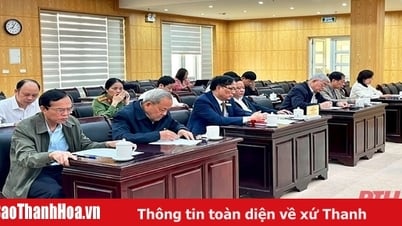

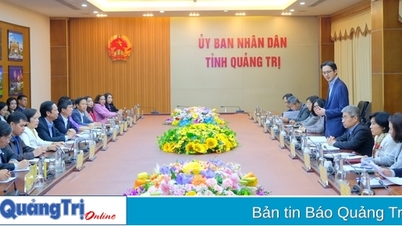
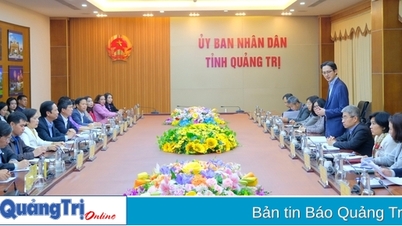
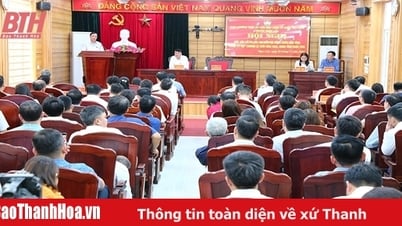




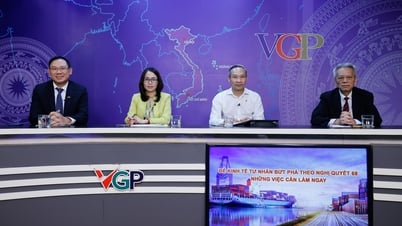
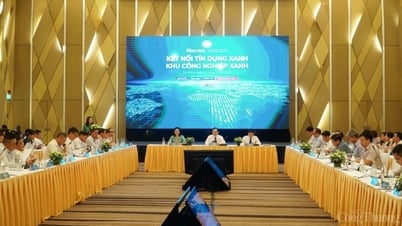
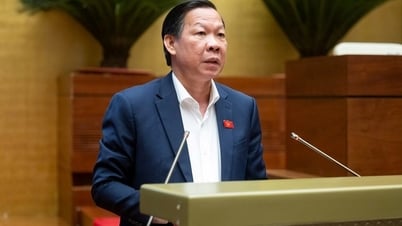


























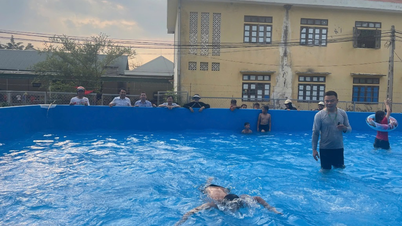

















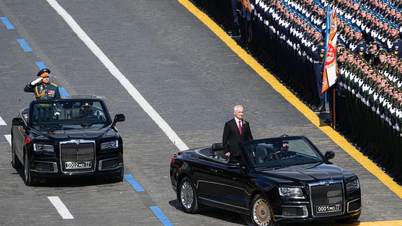

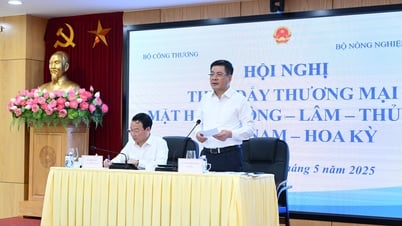



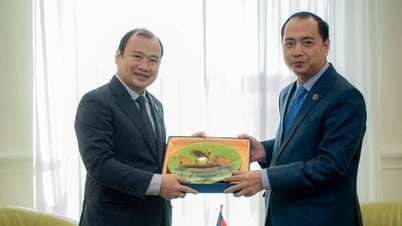
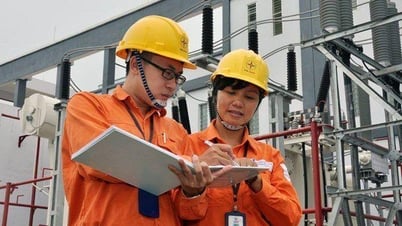
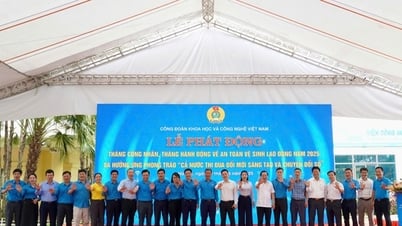

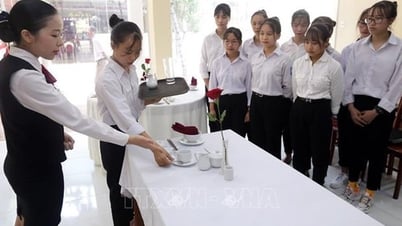




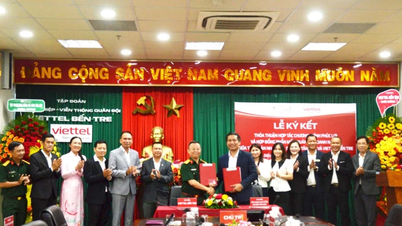

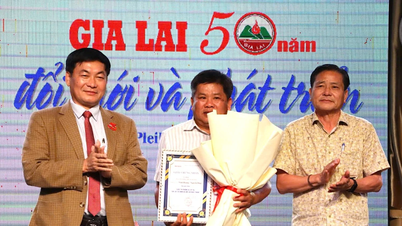















Comment (0)